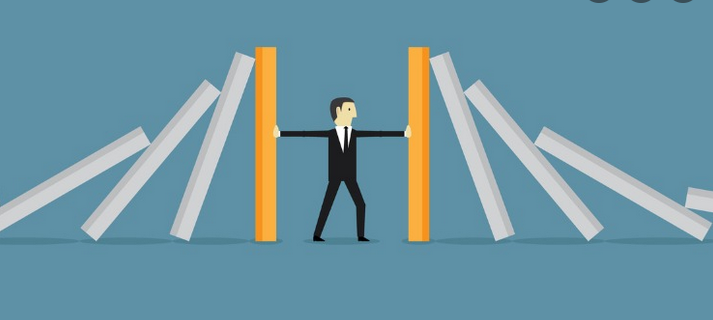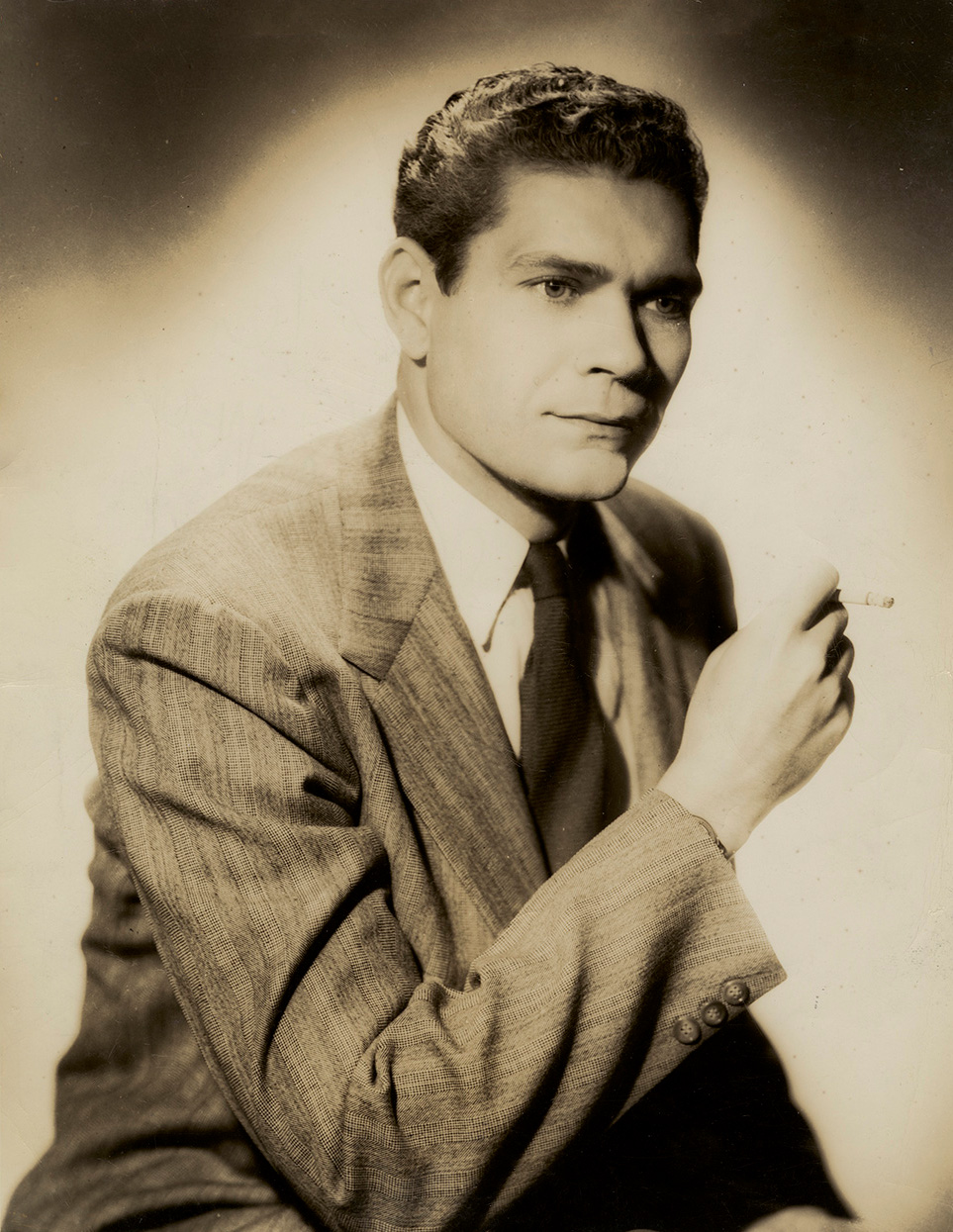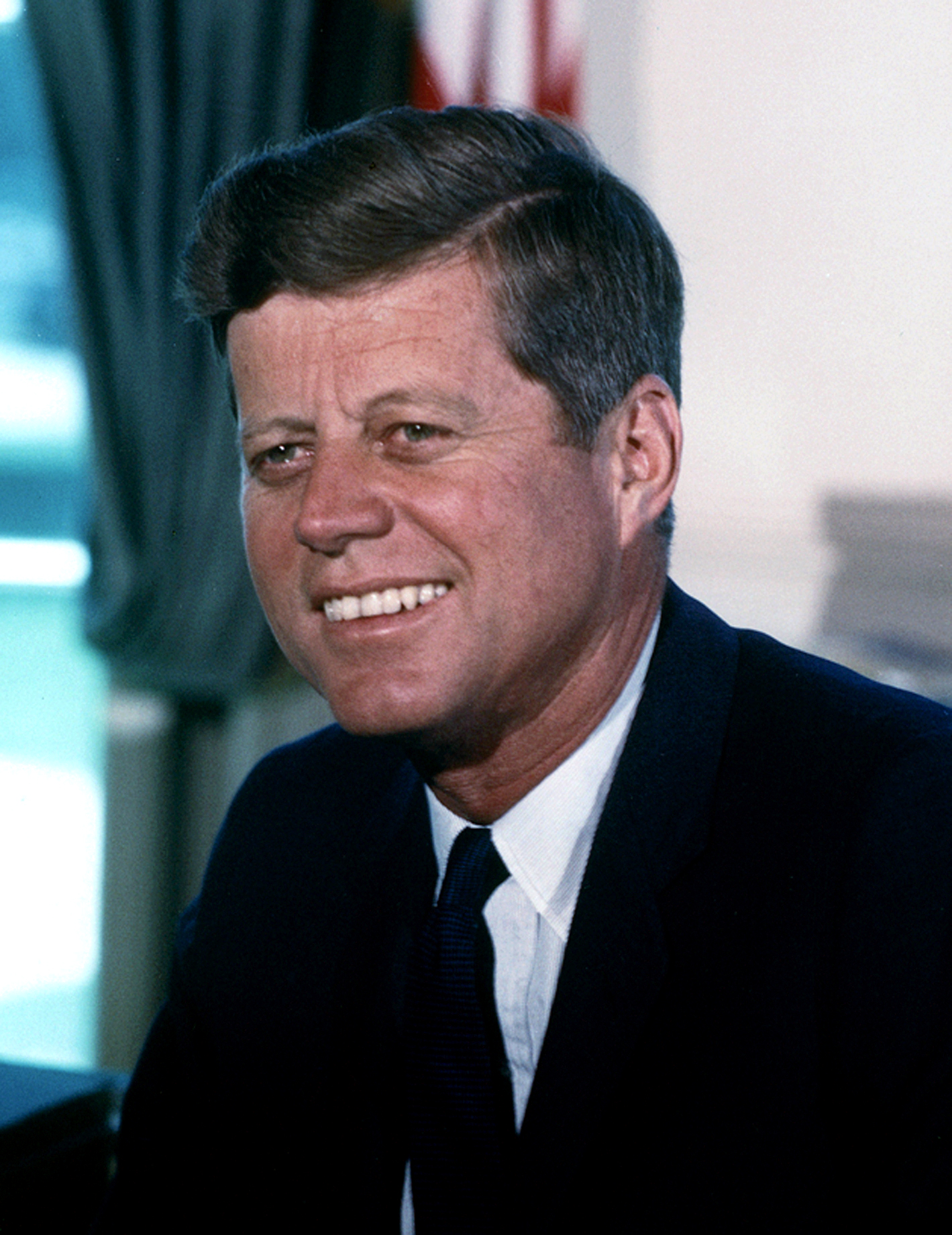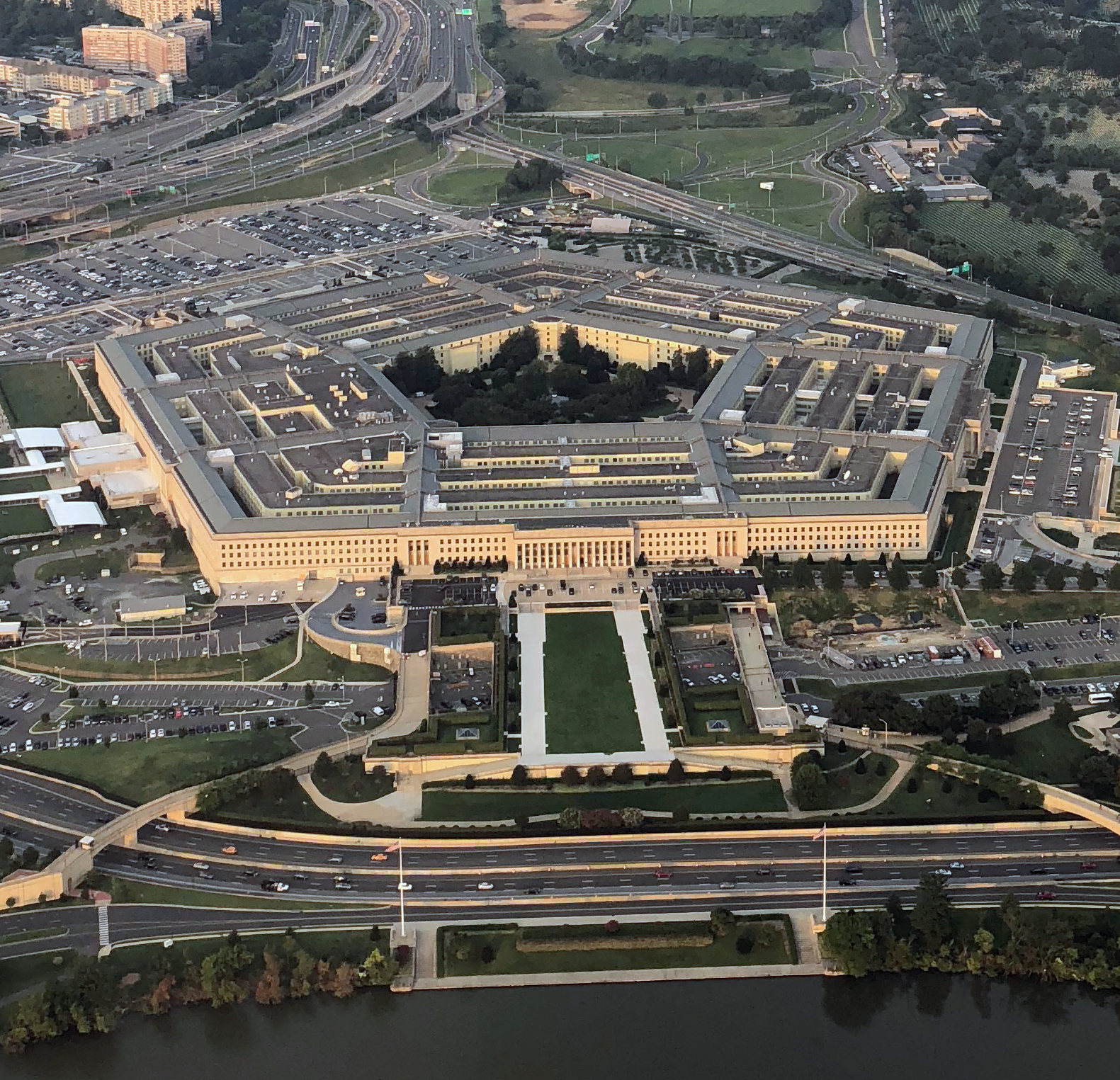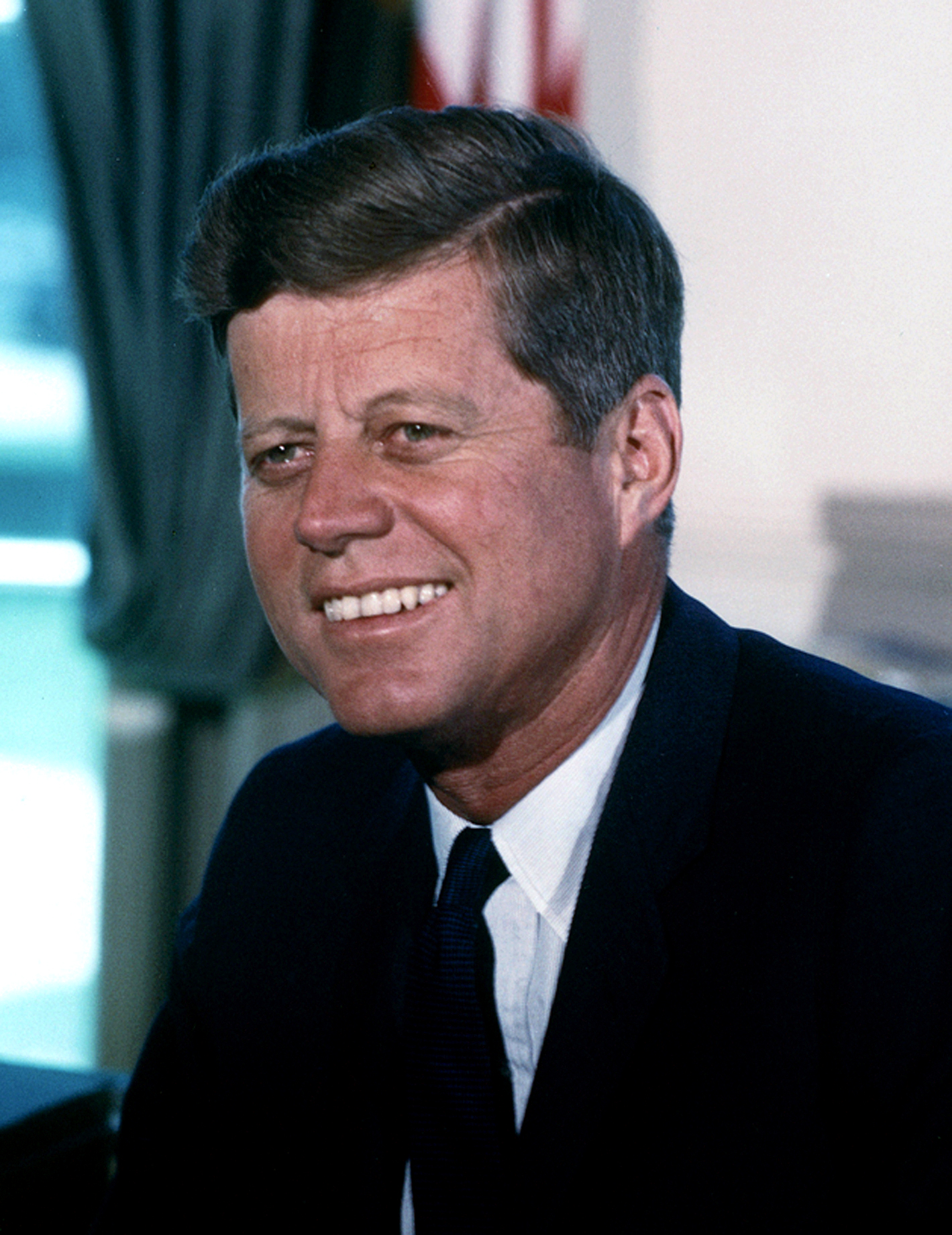No one can deny that we Americans live crisis-filled lives. Right now, there is a major crisis in Ukraine with Russia. There is also an ongoing crisis with China. Other foreign-policy crises, such as with Iran, Yemen, Afghanistan, Cuba, Iraq, and North Korea. There is a terrorism crisis. Healthcare crisis. Social Security crisis. Drug-war crisis. Immigration crisis. Debt crisis. Inflation crisis. Fiscal crisis. Monetary crisis. There is a common denominator to all these crises — the federal government and, specifically, the welfare-warfare state political-economic system under which we live. What is important to recognize is that none of this is necessary. By choosing a welfare-warfare state way of life, Americans have chosen to live lives filled with crises.
Topics:
Jacob G. Hornberger considers the following as important: 6b.) The Future of Freedom Foundation, Featured, Hornberger's Blog, newsletter
This could be interesting, too:
Nachrichten Ticker - www.finanzen.ch writes Die Performance der Kryptowährungen in KW 9: Das hat sich bei Bitcoin, Ether & Co. getan
Nachrichten Ticker - www.finanzen.ch writes Wer verbirgt sich hinter der Ethereum-Technologie?
Martin Hartmann writes Eine Analyse nach den Lehren von Milton Friedman
Marc Chandler writes March 2025 Monthly
No one can deny that we Americans live crisis-filled lives. Right now, there is a major crisis in Ukraine with Russia. There is also an ongoing crisis with China. Other foreign-policy crises, such as with Iran, Yemen, Afghanistan, Cuba, Iraq, and North Korea. There is a terrorism crisis. Healthcare crisis. Social Security crisis. Drug-war crisis. Immigration crisis. Debt crisis. Inflation crisis. Fiscal crisis. Monetary crisis.
There is a common denominator to all these crises — the federal government and, specifically, the welfare-warfare state political-economic system under which we live.
What is important to recognize is that none of this is necessary. By choosing a welfare-warfare state way of life, Americans have chosen to live lives filled with crises. That’s because crises are an inherent part of the welfare-warfare state way of life.
If Americans were to restore our founding system of a free-market, voluntary-charity economic system and a limited-government republic, all of these crises would disappear. Americans could then live lives of liberty, peace, prosperity, and harmony. To be sure, there would still be personal crises that people would experience, but no longer would we have to live under political and economic systems that produce political and economic crises.
With respect to the warfare state, the fact is that the U.S. national-security establishment is an expert at inciting crises. Look what they’ve done, for example, to instigate the crisis with Russia over Ukraine. The Pentagon and the CIA simply had NATO absorb the former Warsaw Pact nations and then threaten to absorb Ukraine, which would enable the Pentagon and the CIA to install U.S. troops, missiles, and tanks on Russia’s border.
When Russia responds in the predictable way — that is, the way that U.S. officials respond when Russia threatens to put troops into Cuba and Venezuela — the Pentagon and the CIA play the innocent victim.
Consider China. When China was experiencing rapid economic growth and establishing friendly relations with other nations, while the U.S. government was wreaking death and destruction in various lands, U.S. officials decided to launch a vicious trade war against China, one that ended up threatening U.S. agricultural firms with bankruptcy.
Under a limited-government republic type of system, there would be no Pentagon and CIA to incite these types of foreign-policy crises. Americans would be living with peaceful, friendly relations with Russia, China, Iran, Iraq, Vietnam, North Korea, Cuba, and the rest of the world.
With a free-market, voluntary-charity system, there would no longer be any Social Security, Medicare, Medicaid, or any other socialist programs. There also would be no more income tax and IRS. People would be free to keep everything they earn and decide for themselves what to do with it. No more out-of-control federal spending and debt to take care of people (or to police the world).
No more Federal Reserve, which would mean no more monetary debauchery. The free market would produce sound money for the first time in more than a century.
No more immigration controls, which would mean no more immigration crisis and no more immigration police state.
No more drug war, which would mean no more drug-war crisis and the massive infringement on civil liberties that comes with it.
A limited-government republic would mean only a basic military force — that is, no more Pentagon, military-industrial complex, CIA, NSA, or FBI. No more foreign coups, assassinations, torture, sanctions, embargoes, alliances with dictatorial regimes, or foreign aid.
Sure, there would still be pandemics, hurricanes, tornadoes, and other natural disasters. But government officials, who, as we have seen, lack expertise in these areas, would lack the power to address them. People would look entirely to the private sector to resolve these types of disasters.
The question everyone has to ask is: Do you like living a crisis-filled life? If you do, then support the welfare-warfare state way of life, which will continue to bring perpetual crises. If you don’t like living a crisis-filled life, then support the principled case for a free-market, voluntary-charity economic system and a limited-government republic, which would bring liberty, peace, prosperity, and harmony with the people of the world.
The good thing to recognize in all this is that at least there is a choice. At least there is a way out of the crisis-filled morass into which our nation has been plunged.
Tags: Featured,Hornberger's Blog,newsletter

